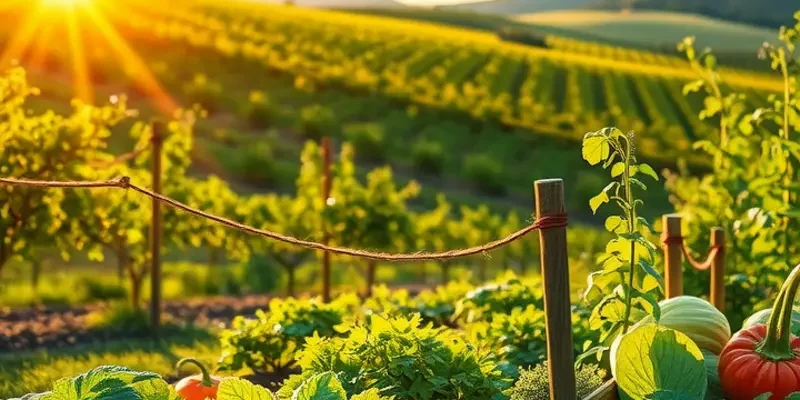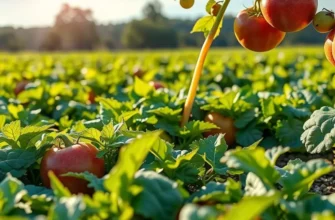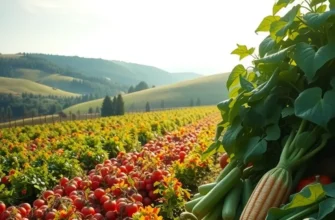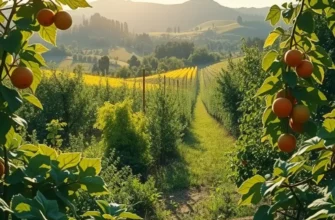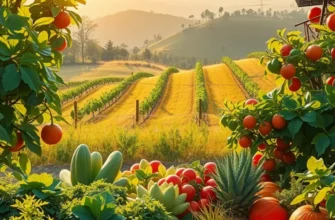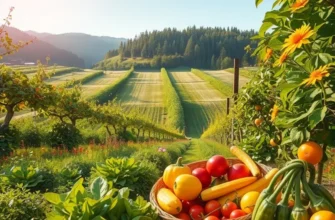Composting is more than just a gardening trend; it’s a practical solution for reducing waste and making the most of your kitchen scraps. By turning organic waste into nutrient-rich soil, you can minimize what goes to the landfill while enhancing your garden’s health. This guide will offer clear, actionable tips for getting started with composting, safely storing food, and improving food management at home, ensuring that your efforts are both efficient and environmentally friendly.
The Foundations of Composting: A Beginner’s Guide
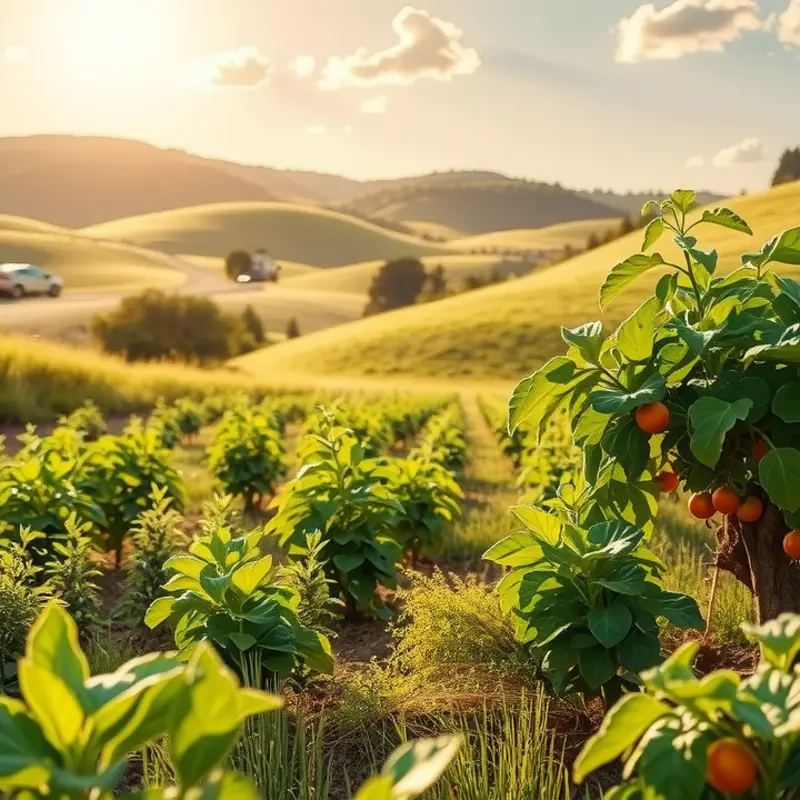
Composting transforms household waste into nutrient-rich soil, perfect for gardening. To begin, it’s essential to understand the materials that contribute to a thriving compost pile.
Start with green materials, which are rich in nitrogen. These include fruit and vegetable scraps, coffee grounds, and fresh grass clippings. The nitrogen in these items fuels the decomposition process, promoting microbial growth essential for breaking down organic matter. A local favorite, like when preparing a Mediterranean chickpea salad, the leftover vegetable scraps are excellent components for your compost.
Balance your pile with brown materials, which are high in carbon. Dry leaves, straw, wood chips, and cardboard are all great options. Carbon provides energy for the composting microorganisms and helps control moisture levels. Mixing both green and brown materials ensures your pile has the right environment for decomposition.
When layering your pile, aim for a ratio of about three parts brown to one part green. This balance prevents odors and accelerates the breakdown process.
Moisture is another critical element for a successful compost pile. Your compost should be damp, similar to a wrung-out sponge. Too much water can lead to rot, while too little will slow decomposition. Regularly turn or mix the compost to introduce oxygen, which aerobic bacteria need to thrive.
Temperature also plays a role. As the organic materials break down, they generate heat. An ideal compost temperature is between 135°F and 160°F. This heat not only quickens decomposition but also kills pathogens and weed seeds. If your pile isn’t heating up, consider adding more green materials and ensuring adequate aeration and moisture.
Even if space is limited, you can still compost effectively. Indoor composting options, such as vermicomposting with worms, allow you to transform scraps into compost without needing a large outdoor space. These methods are compact and typically odorless, making them suitable for apartment living.
Maintaining a healthy compost pile is an ongoing process. Regularly monitor moisture, turn the pile, and add materials as needed. With time, you’ll refine your approach and see which materials decompose best in your environment.
Embarking on composting not only reduces waste but enriches your garden’s soil. Adopting these foundational practices will lead you to success, turning kitchen scraps into nutrient-rich gold for your plants.
Maximizing Food Management: Steps to Minimize Waste
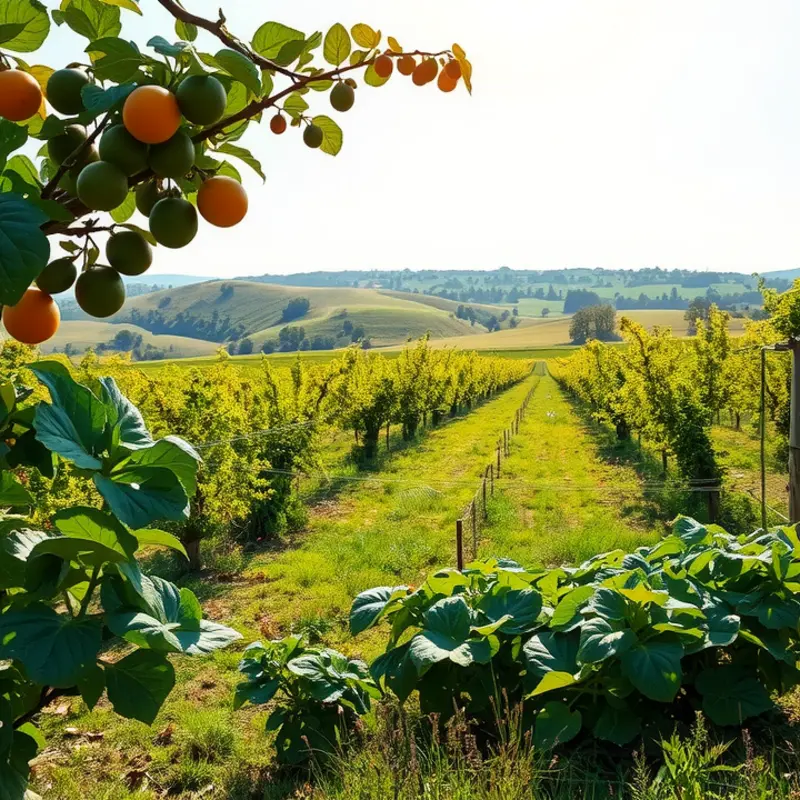
Reducing food waste is an essential component of sustainable living. Proper food management plays a pivotal role in making sure less food ends up discarded. The first step is buying only what you need by creating a detailed shopping list. Prioritize items needed for specific meals throughout the week. To better organize your list, categorize items based on their location in the grocery store to streamline your shopping experience.
Meal planning is integral to waste reduction. Planning meals not only saves time but also ensures every ingredient gets used efficiently. Flexible meal planning allows you to adjust dishes based on what’s available or nearing expiration. Consider including dishes with common ingredients like herbs or spices that get used multiple times in a week. For instance, meals like a Mediterranean chickpea salad can be a versatile option throughout the week. Find details of the recipe here.
Proper food storage is crucial. Organize your refrigerator and pantry to keep perishable items at front and center, making them more likely to be used before they spoil. Use clear containers to store leftovers, enabling easy identification of contents and consumption before spoilage. Freeze items that aren’t immediately needed, particularly when buying in bulk, to extend their shelf life.
Understanding the shelf life of your groceries can greatly minimize waste. Learn the difference between “best before” and “use by” dates. While the “best before” date speaks to quality, the “use by” date relates to safety. Consuming food past its “best before” date is often safe if it has been stored properly, but always adhere to “use by” dates for perishable goods.
Repurpose food scraps creatively. Vegetable peels can infuse flavors into stocks, while overripe fruits can transform into smoothies or desserts. Bread nearing its end can become breadcrumbs or croutons. Embrace these practices to ensure that waste reduction becomes second nature through a culture of creativity and resourcefulness.
Batch cooking can be a lifesaver, particularly for large families or busy weeks. Cook once and eat multiple times, which maximizes the use of ingredients bought in bulk. Portion out meals in advance for easy reheating during busy days. Not only does this save time, but it also reduces the likelihood of ordering takeout, contributing to waste reduction and healthier eating habits.
Ultimately, successful food management hinges upon being mindful at every stage, from purchasing to the dinner plate. Each step contributes to minimizing excess, preserving resources, and achieving a more sustainable household. By adopting these practices, your home can become a model for efficient food management, reducing waste one meal at a time.
Final words
Composting is an essential practice that not only helps in reducing waste but also enhances the health of your garden and the environment. By understanding the basics of composting and implementing smart food management techniques, you can significantly minimize your household waste. Remember, every small effort counts; even composting at a small scale can lead to profound environmental benefits. Take the plunge into composting today, and start contributing to a more sustainable future while making the most of your kitchen scraps.

